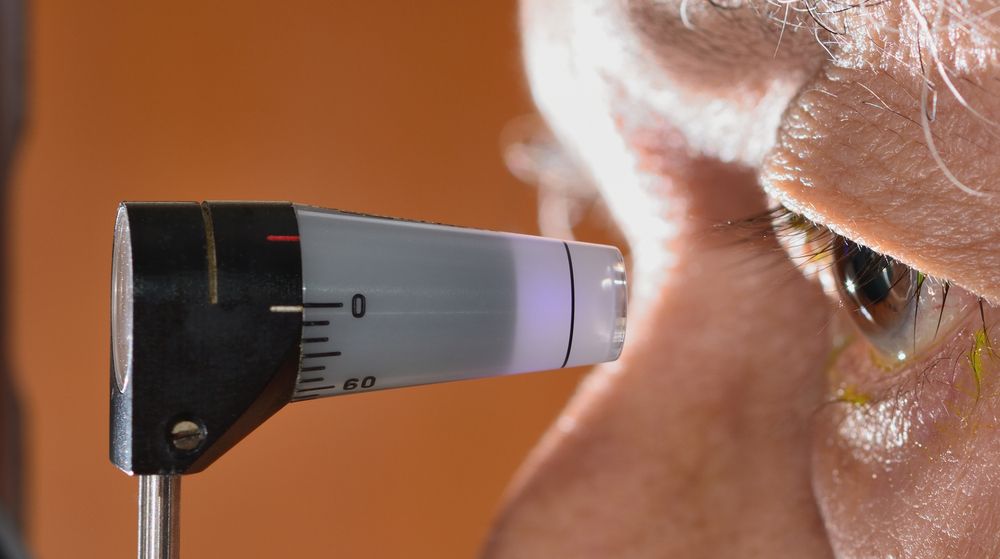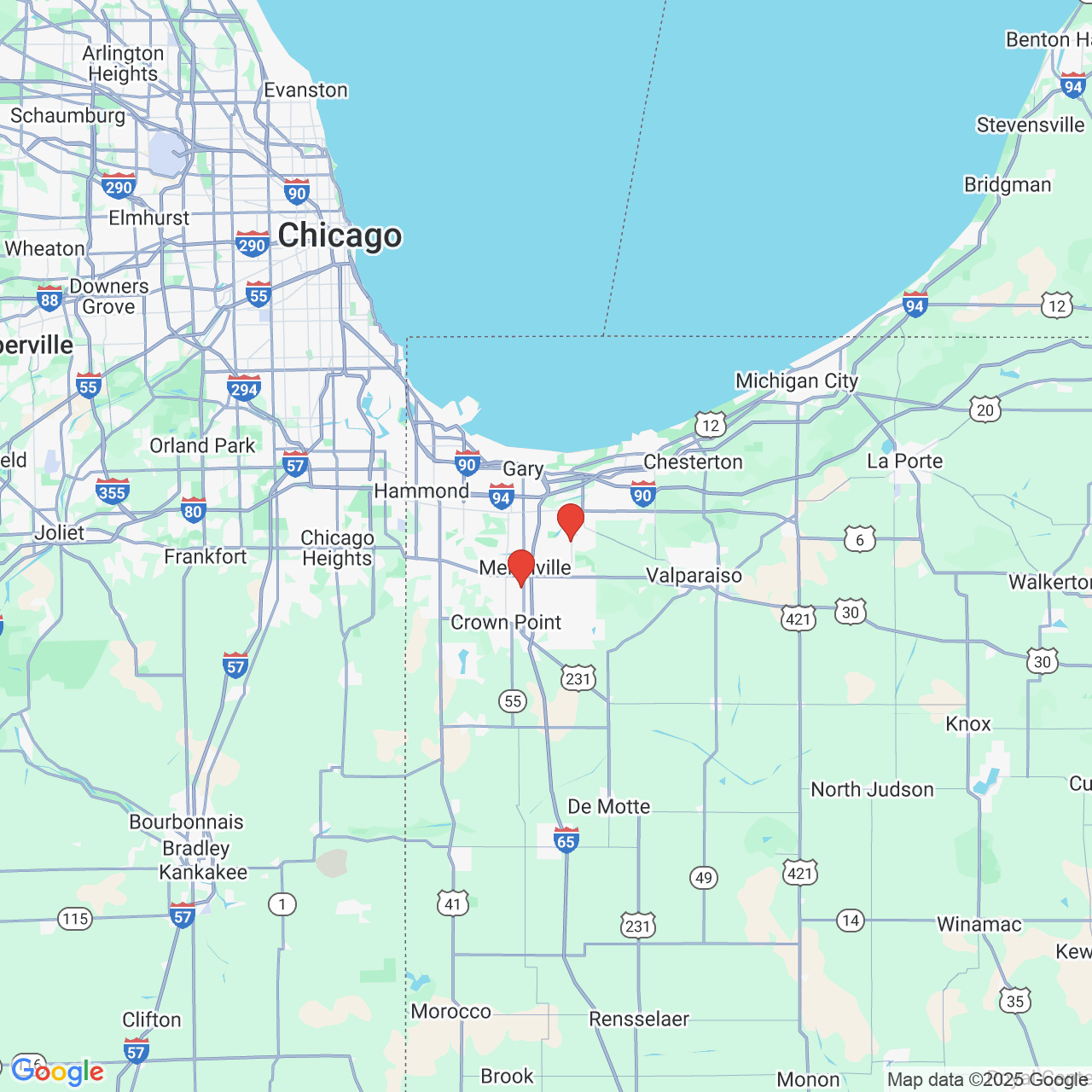Glaucoma vs. Cataracts
 Cataracts and glaucoma are two potential causes of blindness, especially among elderly populations. Yet apart from that, they differ in a number of significant ways. Whenever patients visit with questions about these conditions, Dr. David Gross, Dr. Jeffrey Nelson, and Dr. Jamie Taffora take time go over the differences, causes, and the various symptoms.
Cataracts and glaucoma are two potential causes of blindness, especially among elderly populations. Yet apart from that, they differ in a number of significant ways. Whenever patients visit with questions about these conditions, Dr. David Gross, Dr. Jeffrey Nelson, and Dr. Jamie Taffora take time go over the differences, causes, and the various symptoms.
The teams at the Merrillville and Hobart, IN offices of Deen-Gross Eye Centers would like to briefly layout the differences between cataracts and glaucoma below. We hope this helps give you a general understanding of these two distinct causes of blindness.
About Cataracts
Cataracts refer to the clouding of the naturally clear lens of the eye. This causes vision to become blurry and hazy, potentially leading to total vision loss. If you have cataracts, it can make the world around you appear covered in a foggy or opaque sheet of glass.
According to the Centers for Disease Control and Prevention (CDC), 20.5 million Americans age 40 or older have a cataract in one eye or both eyes.
Causes of Cataracts
Cataracts are most commonly associated with the aging process. Over time, the structures of the lens of the eye break down, clumping together and causing the clouding of the lens. Injuries to the eye can also lead to the formation of cataracts.
Risk factors that make cataracts more likely include excessive sun exposure, smoking, obesity, use of steroids, high blood pressure (hypertension), and previous eye injury.
Treatments for Cataracts
Treating cataracts is relatively simple.
For minor and mild cataracts, patients may simply be prescribed glasses or advised to use assistive devices to improve vision quality.
When cataracts become severe, they can be removed in a routine surgical procedure. The clouded lens of the eye is replaced by an artificial lens known as an intraocular lens, or IOL.
About Glaucoma
Glaucoma is a potential cause of total vision loss. It typically begins with blind spots in your central and peripheral vision, and may progress without you realizing it.
According to the Glaucoma Research Foundation, more than 3 million Americans have glaucoma, yet half of these people don’t even realize they have it. Numbers like this are why eye care professionals stress the importance of regular eye exams, especially if you may be at risk for a serious condition like glaucoma.
Causes of Glaucoma
Glaucoma involves an increase in the internal pressure of the eye, which results in damage to the optic nerve. When the fluid in the eye is unable to drain properly, it results in increased intraocular pressure.
Risk factors that make glaucoma more likely include advanced age, a family history of glaucoma, extreme nearsightedness or farsightedness, and suffering from certain medical conditions such as diabetes or sickle cell anemia.
Treatments for Glaucoma
Unfortunately, there is no cure for glaucoma. That means the vision lost to the condition can never be restored. However, there are treatments that can slow the rate of vision loss and prevent further progression of the disease.
Medicated eye drops are usually the first line of treatment. More involved eye surgeries and procedures can be performed to help relive internal eye pressure.
Contact Deen-Gross Eye Centers
If you have suffered from vision loss and would like to learn about your many options for treatment, it’s important to contact our team of eye doctors. You can reach our office in Merrillville by phone at (219) 769-8989 and our office in Hobart at (219) 947-4410.



